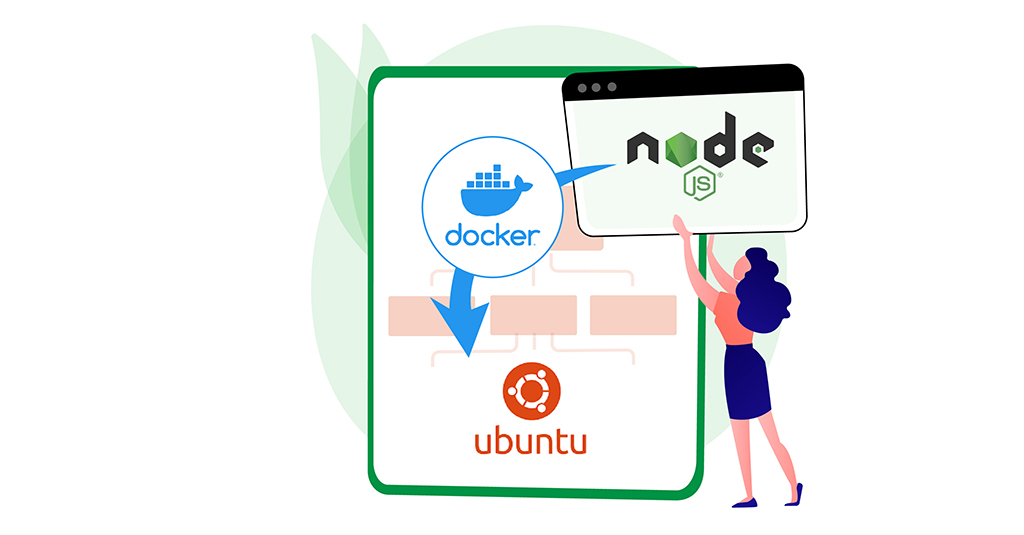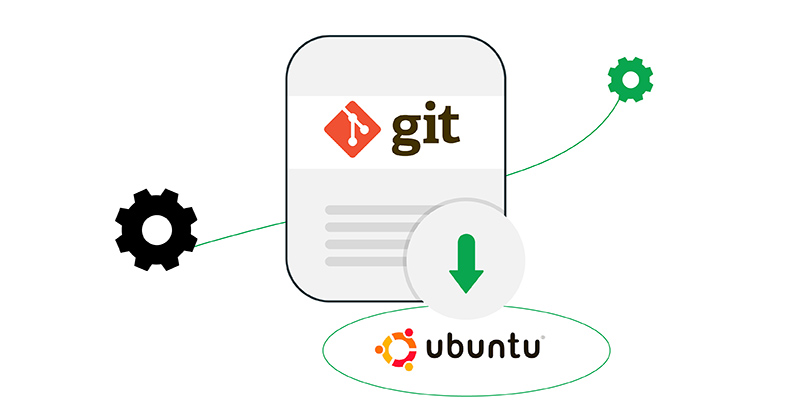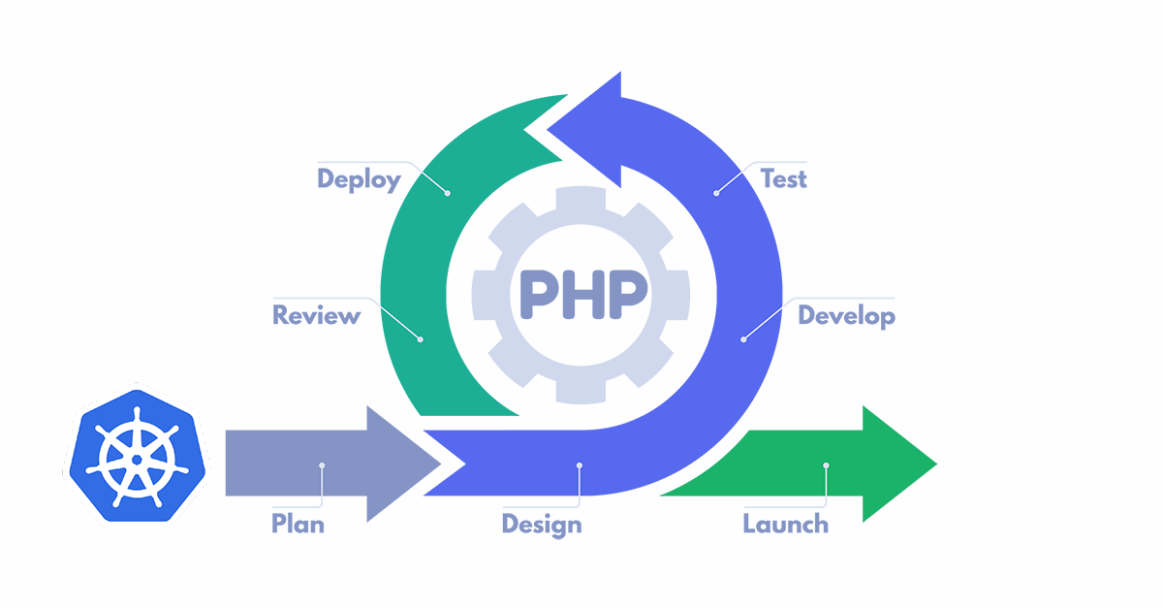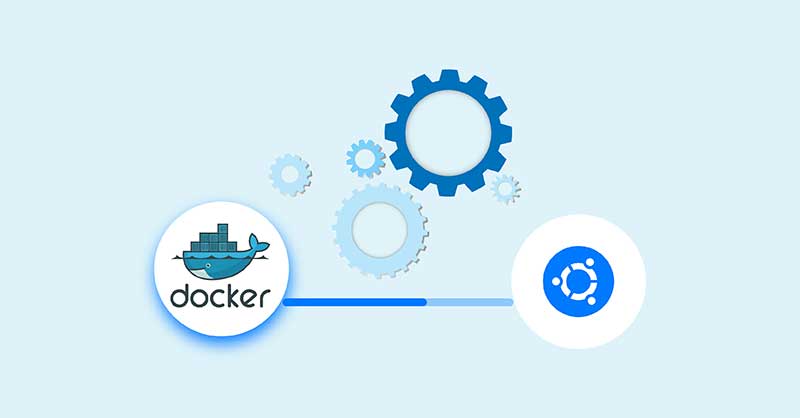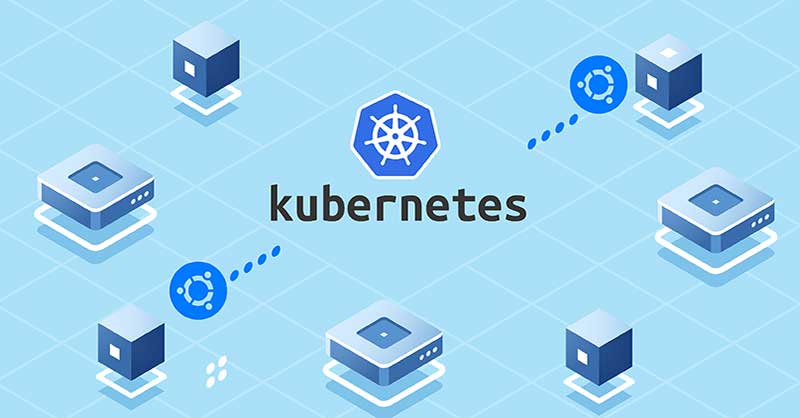Introduction Docker is a container platform that is a lightweight, virtualized, portable, software-defined standardized environment. It allows the software to run in isolation from other software running on the physical host machine. Docker is a defining component of the Continuous Development and Integration aspect of Software Development. It offers a lightweight alternative to virtual machines and allows developers to enjoy …
Installing and Using Composer on Ubuntu 18.04
Composer is a popular PHP dependency management tool. It is primarily leveraged to assist in project dependency updates and installation. It works by checking and verifying the versions of other packages that are appropriate for project requirements and dependencies and installing them for your convenience. In this tutorial, we will walk you through the steps of installing Composer on Ubuntu …
How to Install and Configure Git on Ubuntu 18.04
Introduction In software development, versioning is an incredibly powerful tool. It allows the developer(s) to keep track of the software at the source level. Versioning helps to keep track of changes, reverting to previous stages, and branching out to create alternate versions of files and directories. Among all the version control systems, Git is probably the most popular one. In …
Setting up Node.js Applications: How to Perform Production Tasks on Ubuntu 20.04 with Node.js
Introduction Node.js is a programming environment that runs primarily on JavaScript. The open-source program allows you to build networking applications on platforms running Windows, Linux, macOS, and others. You can use Node.js applications in two main ways: as command line apps or as services. Using a Node.js app as a service means that it will restart on reboot. This makes …
How to Install the Elastic Stack on Ubuntu 18.04
The Elastic Stack (previously known as the ELK Stack) is a powerful solution for centralized logging. It’s a collection of open-source software developed by Elastic. It allows admins to search, analyze, and visualize logs generated from any source in any format. It’s a form of practice known as centralized logging. Centralized logging can be very handy when trying to pinpoint …
Deploy a PHP Application on a Kubernetes Cluster with Ubuntu 18.04
Kubernetes (also known as k8s) is an open-source orchestration system. It allows users to deploy, scale, and manage containerized applications with minimum downtime. In this tutorial, you will learn how to deploy a PHP Application on a Kubernetes Cluster. Nginx behaves as a proxy to PHP-FPM while running a PHP application. Managing these two services in a single container is …
How to Install and Configure Docker Compose on Ubuntu 20.04
Introduction Containerization has greatly picked up momentum in the software tech space over recent years. This can be attributed to Docker which is a container platform that simplifies the management of processes inside containers. Containers are lightweight, virtualized, portable, software-defined standardized environments that allow the software to run in isolation from other software running on the physical host machine. This …
How to Install and Secure Redis on Ubuntu 18.04
Redis is a powerful in-memory key-value store that can be used as a database server, cache, and message broker. It’s widely known for its fast performance, flexibility, and support for a wide variety of languages. It’s free and open-source software that’s written in the C programming language. In this guide, check out how to install and secure Redis on Ubuntu …
How To Create a Kubernetes Cluster Using Kubeadm on Ubuntu 18.04
This tutorial will guide you on setting up a Kubernetes cluster from scratch using Ansible and Kubeadm and further deploying a containerized Nginx application with it. Introduction Kubernetes (also known as k8s or “kube”) is an open-source container orchestration platform that automates many of the manual processes involved in deploying, managing, and scaling containerized applications. Kubernetes has a rapidly growing …
Setting up a UFW on Ubuntu and Debian Cloud Server
Introduction We all know that computer security is essential for protecting your data. If a hacker was to find their way into your server, they can cause some serious damage. To make sure this doesn’t happen, you need to employ the appropriate security measures. The first line of defense that any incoming threat would encounter in a safeguarded system would …
Installing phpBB on Ubuntu 20.04
PhpBB stands for “PHP Bulletin Board.” It’s a free flat-forum bulletin board software solution. It’s licensed under the GPL license as free and open-source software. PhpBB can instantly establish a dedicated space for people to gather and communicate. It also supports popular database engines (MySQL, Oracle Database, SQLite, PostgreSQL, etc.), flat message structures, hierarchical sub-forums, user groups, full-text search, plugins, …
Configuring the Apache Web Server on an Ubuntu or Debian VPS
Introduction Apache is currently the most widely used web server in the world. It is an open-source software developed over twenty years ago and maintained by the Apache Software Foundation. As of September 2020, it is estimated to be serving 35% of all website traffic in the world. Developers prefer Apache for its speed, security, reliability, robustness, and ease of …






